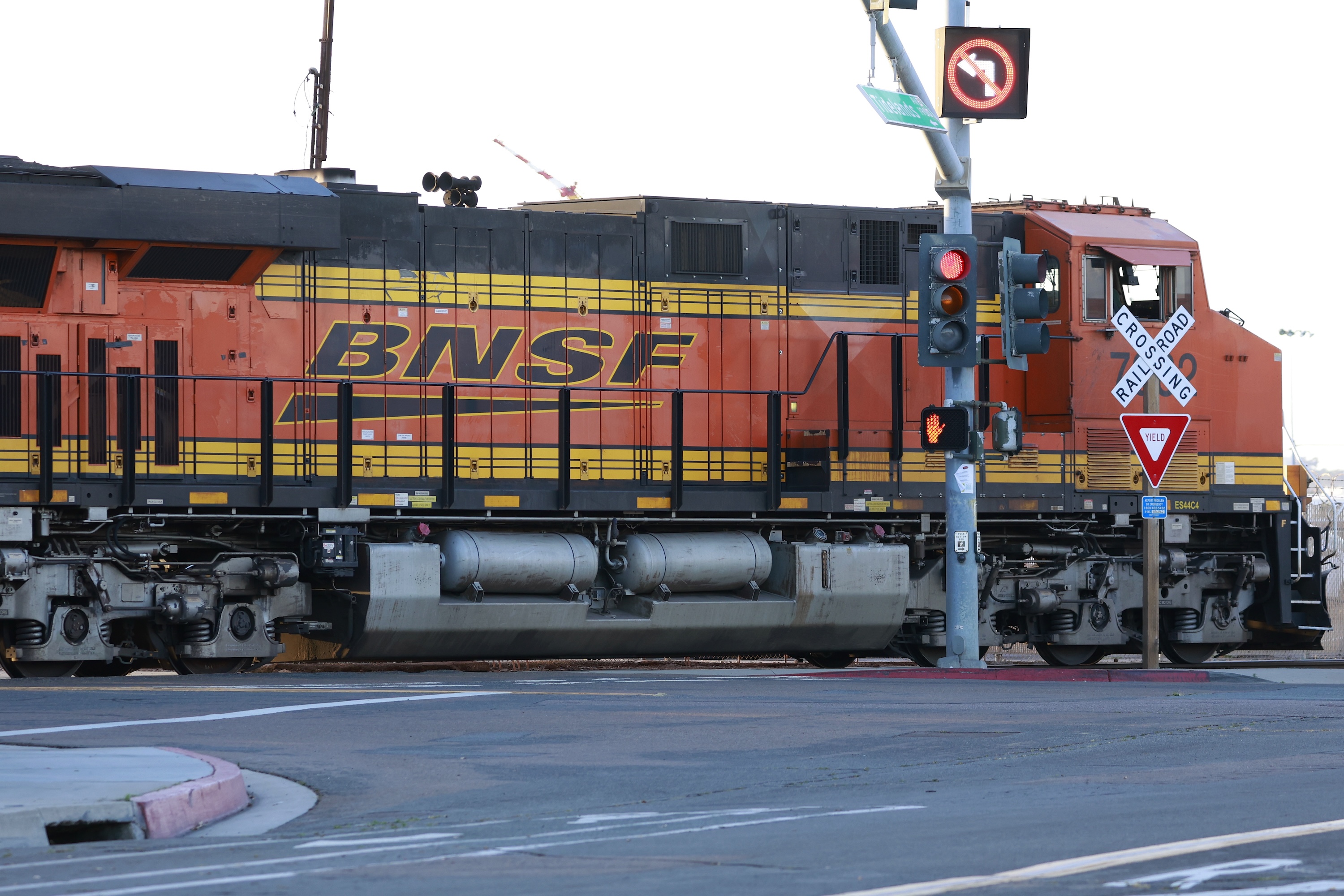BNSF Linked to CSX Takeover Amid Rising Rail Merger Talk

The Potential for Major Changes in the U.S. Railroad Industry
The U.S. railroad industry is currently at a pivotal moment, with several major players considering potential mergers and acquisitions that could significantly reshape the landscape. While speculation about a possible merger between Union Pacific and Norfolk Southern has already sparked considerable interest, another Class I railroad, BNSF Railway Co., may also be exploring its own acquisition strategy. This could lead to further consolidation within the sector, altering the competitive dynamics of the market.
Just days after reports emerged that Union Pacific was investigating an acquisition of Norfolk Southern, two separate reports on Monday indicated that BNSF is reportedly seeking to acquire a rival railroad. These reports suggest that BNSF is working with Goldman Sachs to facilitate a deal. According to Semafor and Reuters, CSX is also in discussions about bringing in its own financial advisors. Analysts believe that BNSF might be looking to acquire CSX as a defensive move to maintain its competitive edge against Union Pacific.
BNSF has not officially commented on these reports, and neither have Goldman Sachs or CSX. However, Warren Buffett, the CEO of BNSF's parent company, Berkshire Hathaway, denied any connection with Goldman Sachs during an interview with CNBC. He stated that no one from the firm had spoken to him or his successor, Greg Abel. Despite this, Buffett did not address whether BNSF is interested in any potential acquisitions.
Berkshire Hathaway has the financial capacity to pursue such a deal independently, given its substantial cash reserves. As of March 31, the company held $347.7 billion in cash and cash equivalents. A potential acquisition of CSX based on its market cap would cost approximately $65.7 billion. Analysts from Baird Equity Research noted that while Berkshire is not inherently in favor of transactions, leadership likely recognizes the strategic importance of maintaining competitive positioning.
TD Cowen recently upgraded both Norfolk Southern and CSX shares to "buy" from "hold," citing the increased likelihood of rail consolidation. If a merger between Union Pacific and Norfolk Southern were to occur, it would create the largest and fourth-largest railroads in the U.S. by market cap, potentially forming a coast-to-coast rail network.
Farrukh Bezar, a former executive at CSX, suggested that BNSF might not respond immediately to the potential merger between its rivals but would likely need an eastern partner if such a deal were to proceed. BNSF operates a vast network spanning 32,500 route miles across 28 states and three Canadian provinces, primarily serving the Midwest, West, and South. In contrast, CSX covers areas that BNSF does not reach, operating entirely east of the Mississippi River with over 20,000 route miles across 26 states, Washington, D.C., and two provinces.
The last major Class I railroad merger occurred in 2023 when Canadian Pacific acquired Kansas City Southern to form Canadian Pacific Kansas City (CPKC). This merger created the first railroad network spanning the U.S., Mexico, and Canada. Goldman Sachs played a key role in facilitating that deal.
Analysts at TD Cowen believe that any future rail merger could reduce the number of U.S. Class I railroads from four to two, considering the significant U.S. exposure of Canadian companies. Jason Seidl, an analyst at TD Cowen, noted that if Union Pacific makes a bid for Norfolk Southern, BNSF may wait to see how the process unfolds before possibly making an offer for CSX.
Any merger involving two Class I railroads would require approval from the Surface Transportation Board (STB) and the U.S. Department of Justice. In response to executive orders from President Donald Trump regarding competition and regulatory barriers, the STB announced plans to host meetings to update its regulatory framework. Currently, the STB has only four members, and President Trump needs to appoint a fifth, which will require Senate approval.
Seidl highlighted that the regulatory hurdle is the biggest challenge for any potential rail merger. He noted that the board is evenly split between Republicans and Democrats, increasing the risk of a merger being rejected. Seidl also suggested that Union Pacific may have some indication of who will fill the fifth STB seat, as the railroad likely sees significant revenue and cost synergies that are essential for clearing regulatory hurdles.
Post a Comment for "BNSF Linked to CSX Takeover Amid Rising Rail Merger Talk"
Post a Comment